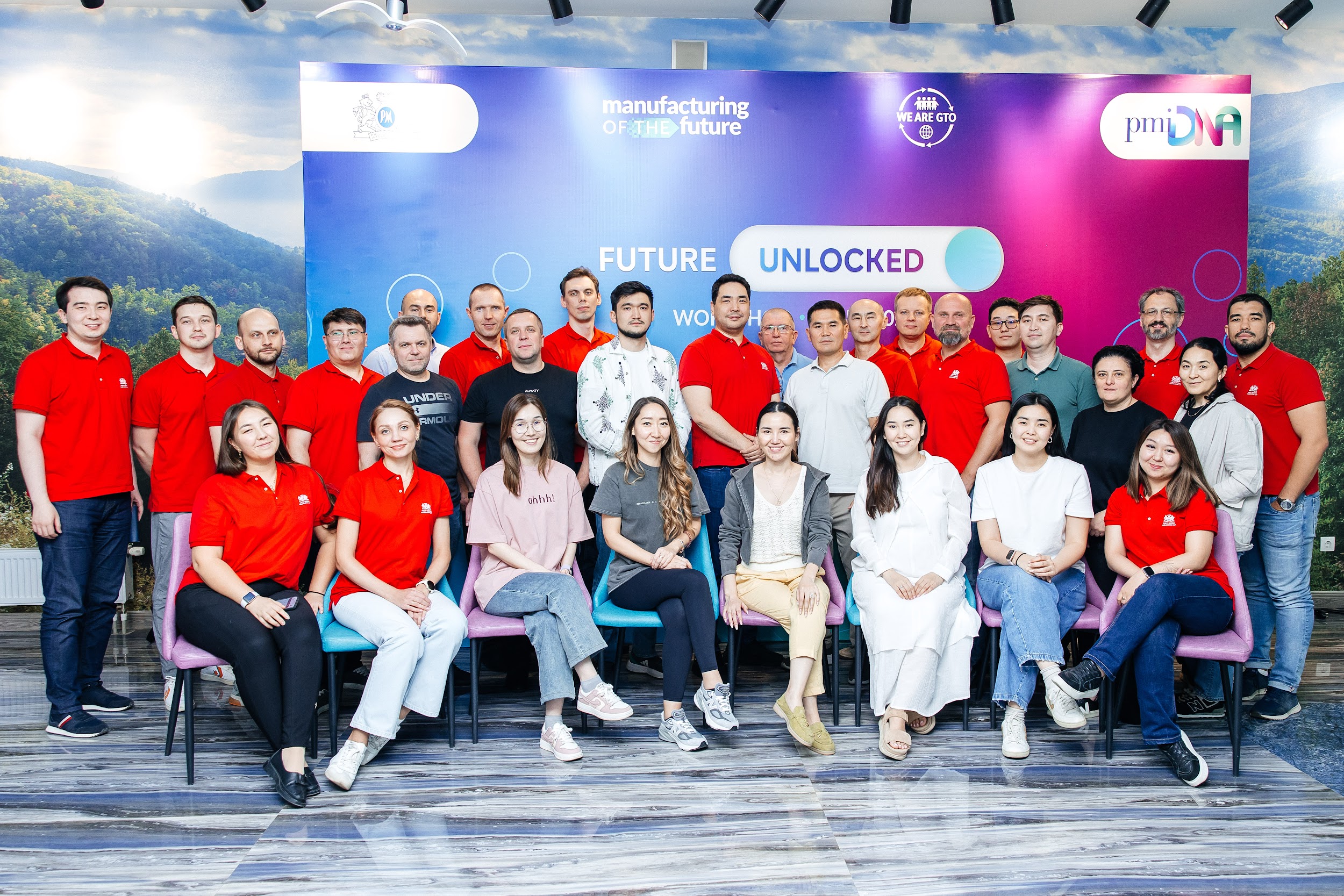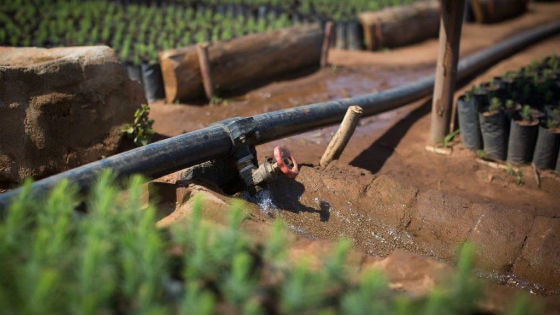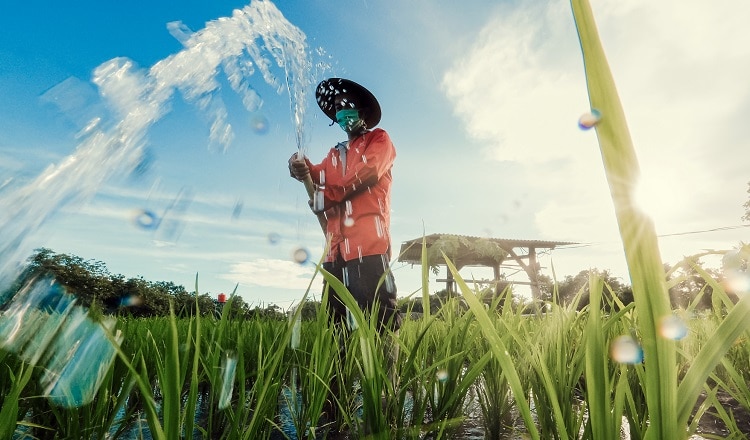In mid-2024, we conducted our 9th human rights impact assessment (HRIA), focused on Kazakhstan, with the support of our external expert advisors, Article One.
The scope of this assessment covered Philip Morris Kazakhstan’s (PMK) country head office, factory and operations at Otegen Batyr, the Almaty City office, regional offices in Astana and Kostanay, as well as downstream direct and third-party sales, distribution and retail. It included both remote and in-country engagement with internal management, employees, third-party vendor employees, and external experts. This assessment was highly focused on the downstream value chain and included engagement with employees of 14 different vendor companies.
HRIA Methodology
The HRIA built on previous country-level HRIAs and methodological developments, including applying a gender-sensitive lens. The process combined desktop research with remote, and in-person interviews and focus groups (resulting in direct rightsholder engagement with over 130 individuals) to help surface potential and actual human rights risks relevant to PMK’s operations and value chain in Kazakhstan.
“We were impressed with the high level of access PMK provided to our assessment team. Clear communication about the HRIA in all relevant languages resulted in many PMK and third-party employees participating in focus groups and interviews. Participants felt comfortable speaking about sensitive topics in front of their peers, indicating a high level of trust among colleagues.
We are grateful for the opportunity to conduct this HRIA and are pleased to see that PMK has developed a comprehensive action plan to address salient risks".
Faris Natour, Principal, Article One
This preparatory work was supplemented by remote interviews with key functional leaders at PMK across multiple business functions, as well as engagement with external human rights experts in Kazakhstan.
During the in-country visit, our external advisors were able to focus on direct rightsholder engagement through focus groups with a total of 132 employees and third-party vendor employees. Participants were workers directly employed by PMK or third-party workers working within PMK’s factory, head office, and regional sales offices, while third-party vendor employees were workers in PMK’s downstream sales, distribution and retail activities. In carrying out all focus groups, our external advisors ensured that participants understood it was a safe space for discussion and that findings would be anonymized and aggregated. Information was provided to participants well in advance and meaningful consent was secured. Participants were also provided with access to a direct grievance channel to share concerns or feedback, as well as information on sensitive topics. Independent translators assisted our external advisors in order to ensure full and inclusive participation for every participant. Following the HRIA methodology, participating rightsholders represented a sample of women and men across seniority, roles and functions, and included standalone groups for women and trade union members.
These engagements allowed Article One to compile and validate key findings, including both risks and positive impacts, and to set actionable recommendations. As with any other HRIA we have completed at PMI, the local management in Kazakhstan analyzed the findings and built up a comprehensive action plan to address the risks and issues identified. This action plan will be subject to regular status updates to ensure timely implementation.
“Ensuring respectful, safe and fair labor practices is a key for leading any business to open a new horizon of success, great performance and a long-term growth. In doing so, we will continue exploring opportunities for guarantying the best labor conditions not only for our employees but also for people who work for our third-party suppliers.”
Overview of the outcome
The assessment methodology described above allowed the surfacing of key areas of risk and strength, which are summarized below.
The following are the four key strengths identified by Article One in this assessment:
- Strong and diverse team: Stakeholders at PMK and third-party vendors consistently praised the commitment, support and diversity of their colleagues as a key strength of PMK and their employers.
- Professional development: Many PMK employees in both corporate and operations functions called out the opportunities for personal growth, professional development, and continued learning that PMK offers them, praising the company as a “true meritocracy”.
- Flexibility and benefits: PMK employees in corporate functions consistently praised PMK’s flexible workplace, particularly the ‘smart work’ set up, while PMK employees in both corporate and operations functions valued PMK’s benefits, including parental support options.
- Safety and mental health: Engagement validated the strong culture of safety at PMK facilities. Direct employees cited effective training and praised PMK’s management and support during emergencies. Support for mental health was also raised by PMK employees as a valued benefit, and stakeholders were comfortable citing their positive experience using the benefit.
The assessment also shed light on key areas of risk. Below, we summarize the main risks by area of the value chain as well as priority corrective actions PMK will start implementing over the next months as part of its comprehensive corrective action plan.
Operations & Factory:
The assessment surfaced concerns among third-party contracted workers and PMK employees about high levels of inflation and the importance that wages are keeping up with rising costs. To address these concerns, PMK will continue to benchmark its wages against living wage levels and will recommend relevant third-party suppliers to also perform market analysis of wage levels. The assessment surfaced also concerns among third-party drivers about working time, and the need for a revised transport service guidelines, limiting their related services within work hours only, and reinforcing the requirement for suppliers to compensate drivers for overtime.
Union representatives shared that there is low level of union membership by employees. PMK will reinforce its training and communications on freedom of association and will include relevant information in new hire induction training.
Finally, it was reported low levels of awareness of PMK’s Speak Up hotline of third-party employees, with some lacking access to their employers’ anonymous channel to raise concerns. PMK recognizes that this concern relates to third-party suppliers and will focus on compliance of third-parties with PMI’s Responsible Sourcing Principles (RSPs).
Offices:
At PMK’s administrative offices, PMK employees generally described high levels of job satisfaction but pointed to stress resulting from competing and changing priorities . In this respect, PMK will conduct regular employees’ surveys to facilitate stronger communication with the management and potentially identify further areas of improvement.
Concerns were raised by PMK employees about the increasing weight of contracted employee services in PMK operations. To address this concern, PMK will analyze job roles of outsourced workers and develop action plans, as appropriate, in alignment with PMI Guideline on third-party workers. In parallel, PMK will communicate the guideline through training and other internal channels.
Sales & Distribution:
Direct and third-party employees in sales and distribution reported long working hours (often connected to business visits), that, while still within the legal limits, might pose strain particularly on working mothers and those carrying additional care responsibilities. As part of its corrective action plan, PMK will continue monitoring workload of employees in sales and distribution and will strengthen usage of time management and task prioritization tools in the commercial function.
Third-party workers at some sales and distribution vendors also reported not having access to an independent grievance channel as well as low awareness of the availability of PMK’s Speak Up channel.
PMK will focus on compliance of these third-parties with PMI’s RSPs.
Retail:
Third-party vendor retail workers at IQOS islands and other points of sale reported concerns about insufficient security standards particularly for third party female employees who work at nighttime. The safety and security of employees and third-party vendor workers is a top priority for PMK. Expecting the same from its third-party vendors, PMK will continue engaging with relevant suppliers to ensure the safety of third- party employees and mitigate any potential related risks. Specifically, PMK will strengthen training and awareness raising programs with suppliers on security including on how to avoid and how to respond and react in situations of insecurity and potential safety risk. PMK will also explore the installation of additional measures in the stores it owns, such as emergency buttons, that can enhance further security.
Looking ahead
As with the implementation of all PMI’s HRIA action plan, the PMK team will evaluate progress against this action plan at least twice a year and report internally on its implementation. We will continue working to promote, protect and respect human rights in PMK’s operations and value chain in the years to come. This HRIA illustrates the importance and value of listening to our rightsholders along the full value chain and engaging with them to surface opportunities to address risk and improve working conditions for all stakeholders impacted by our business.





